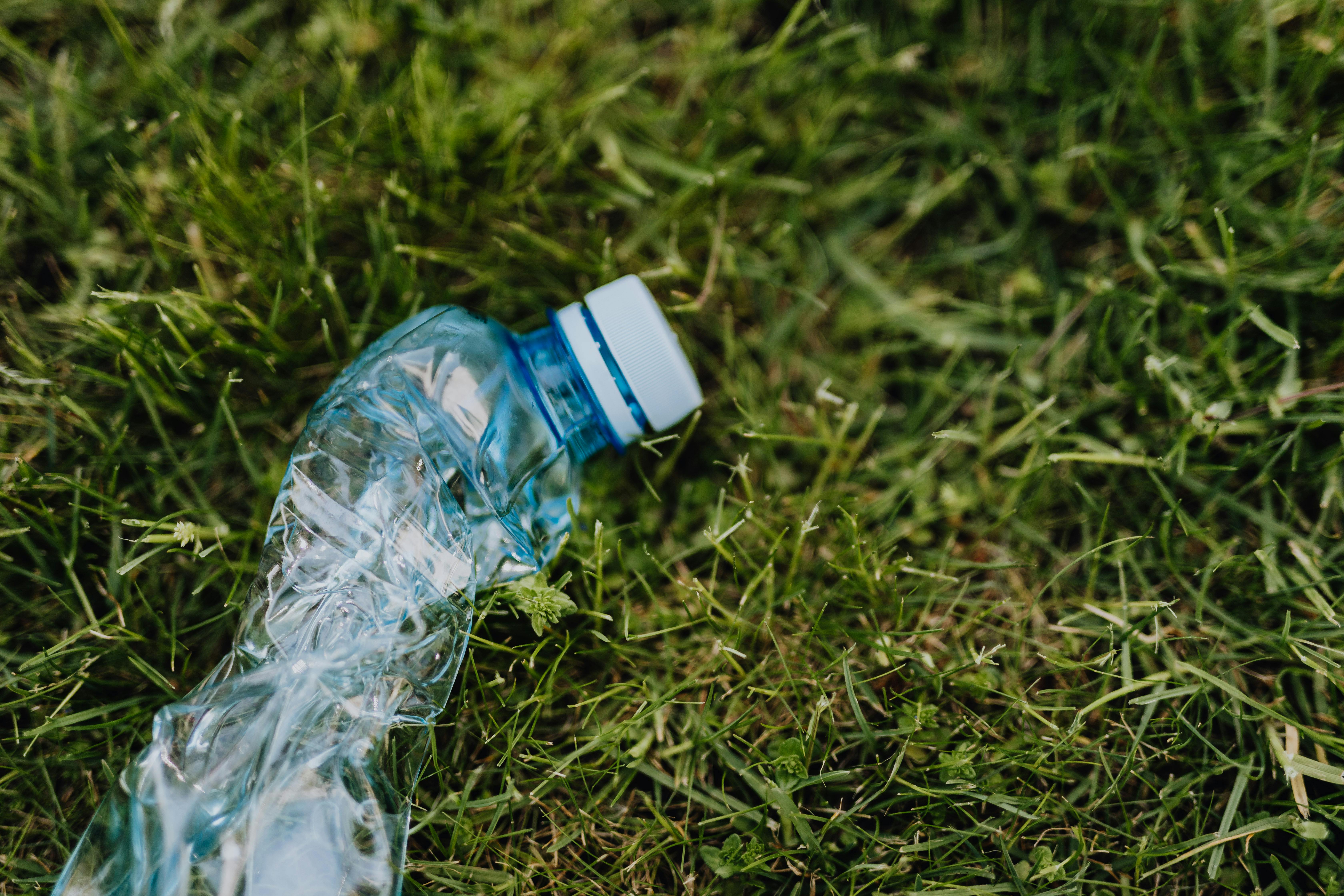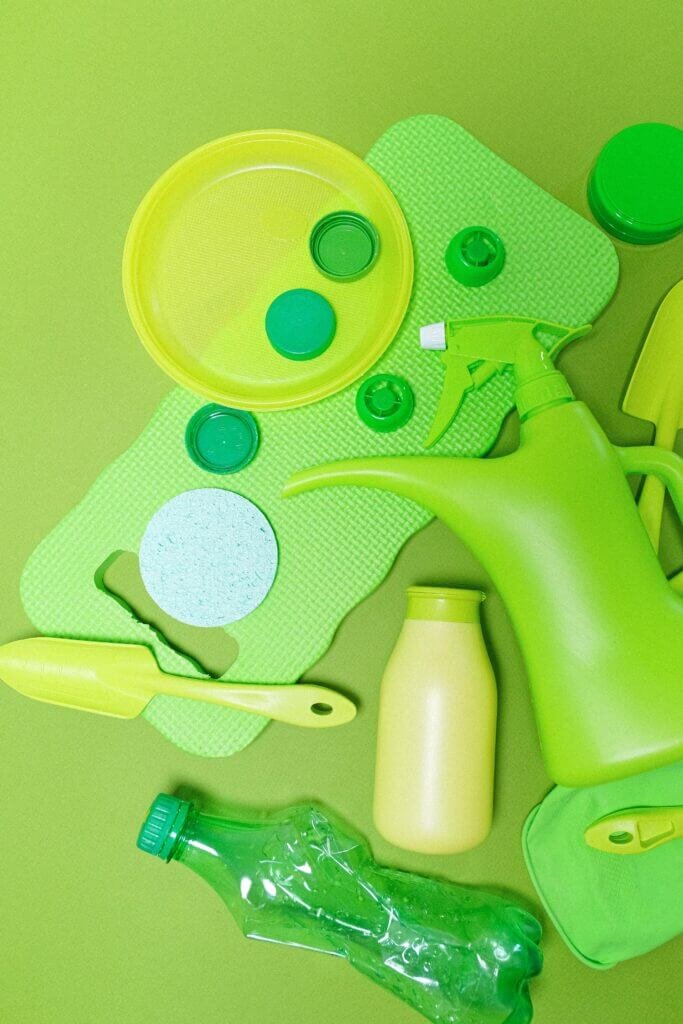Soil contamination can be a major concern for urban gardeners, but fear not! We’ve got you covered with some helpful tips to keep your garden healthy and free from harmful pollutants. From proper waste management to selecting the right plants, we’ll explore practical steps you can take to ensure that your urban garden stays clean and safe for both your plants and yourself. Read on to discover the secrets to preventing soil contamination in your urban oasis.

Site Selection
Choosing the right site for your urban garden is crucial in preventing soil contamination. Consider the distance from potential contaminants, such as factories, industrial sites, or busy roads. These sources can release pollutants into the air or soil, which can negatively affect the quality of your garden. Evaluate the soil conditions of the site, including its texture, drainage, and pH levels. This will help determine if the soil is suitable for gardening and if any amendments are needed. Also, assess nearby pollution sources like landfills or sewage treatment plants, as they can impact the air and water quality in your garden.
Soil Testing
Conducting a soil test before starting your urban garden is essential to understand its current state and nutrient content. This will help you determine any deficiencies or excesses in the soil and allow you to make informed decisions about fertilizer application. Choose a reputable laboratory that specializes in soil testing. They will provide you with accurate and detailed results, including information regarding nutrient levels, pH balance, and organic matter content. It is important to interpret these results correctly to ensure you take appropriate actions to improve soil health.

Composting
Using organic compost is an effective way to enrich your soil and improve its fertility. Composting provides essential nutrients and microorganisms that support plant growth while enhancing soil structure and moisture-retention capacity. However, it is crucial to avoid composting contaminated materials such as meat, dairy products, oils, or pet waste. These can introduce harmful pathogens or chemicals into your garden. Additionally, monitor the quality of your compost regularly to ensure it is free from any foul odors or signs of contamination.
Proper Waste Disposal
Proper waste disposal is essential to prevent soil contamination in your urban garden. Dispose of hazardous waste, including batteries, chemicals, or paint, through appropriate channels provided by your local municipality. These materials can leach harmful substances into the soil and pose risks to both plants and human health. Manage kitchen waste by implementing composting or vermicomposting techniques, which can turn organic waste into nutrient-rich soil amendments. Similarly, use proper disposal methods for garden waste, such as grass clippings or pruned branches, to avoid introducing potential contaminants into your soil.

Water Management
Proper water management is crucial for preventing soil contamination in your urban garden. Prevent runoff contamination by avoiding excessive use of fertilizers or pesticides, as these can be washed away into nearby soil or water sources during rainfall. Use clean water sources for irrigation purposes, such as rainwater harvesting or tap water, but be mindful of any potential contaminants present in the water supply. Implement proper irrigation techniques to minimize water wastage and prevent waterlogging, which can lead to soil erosion and compaction.
Avoiding Chemical Contamination
Minimizing pesticide use is a key step in preventing chemical contamination in your urban garden. Instead, opt for natural pest control methods such as companion planting, physical barriers, or biological controls like ladybugs or predatory insects. Choose organic fertilizers that are free from synthetic chemicals or artificial additives. These organic options promote long-term soil health and minimize the risk of chemical contamination. Additionally, control weeds naturally through techniques like mulching or hand weeding to avoid introducing herbicides into your garden.
Crop Selection
Selecting suitable crops for your soil type is essential in preventing nutrient depletion and ensuring successful growth. Different crops have varying nutrient requirements, so selecting ones that are well-suited to your soil can help maintain its fertility. Rotate crops regularly to prevent the depletion of specific nutrients and minimize the risk of disease or pest buildup. Additionally, consider selecting plants that tolerate urban conditions such as air pollution, limited space, or high foot traffic. These plants are better adapted to the challenges of urban gardening and are less likely to suffer from stress or diseases.
Mulching
Applying organic mulch around your plants provides numerous benefits for soil health and prevents contamination. Organic mulch, such as straw, wood chips, or leaves, helps retain moisture, regulate temperature, and suppress weed growth. It also improves soil structure and fertility over time as it decomposes. Avoid using potentially contaminated materials like treated wood or rubber mulch, as they may release harmful substances into the soil. Furthermore, maintain an appropriate mulch thickness to ensure optimal performance and prevent any issues like excessive moisture retention or nutrient imbalances.
Garden Maintenance
Regularly cleaning and maintaining your gardening tools is essential to prevent the spread of diseases and pests. Cleaning tools between use, especially when moving between different areas or plants, helps minimize the potential for cross-contamination. Prevent soil erosion by implementing techniques such as terracing, groundcovers, or retaining walls to stabilize the soil and prevent it from washing away during heavy rains. Monitor plant health regularly to detect any signs of diseases or pests early on, allowing for timely intervention and prevention of further contamination.
Education and Awareness
Educating yourself on the risks of soil contamination and staying informed about local environmental regulations is crucial for ensuring the health and safety of your urban garden. Understand the potential sources of contamination, such as nearby industrial activities or pollution sources, and take appropriate measures to mitigate risks. Stay updated on any changes in environmental regulations, particularly regarding waste disposal or chemical usage, to ensure compliance and protect the environment. Additionally, raising awareness in your community about the importance of preventing soil contamination can lead to positive changes and a healthier urban environment for everyone.


